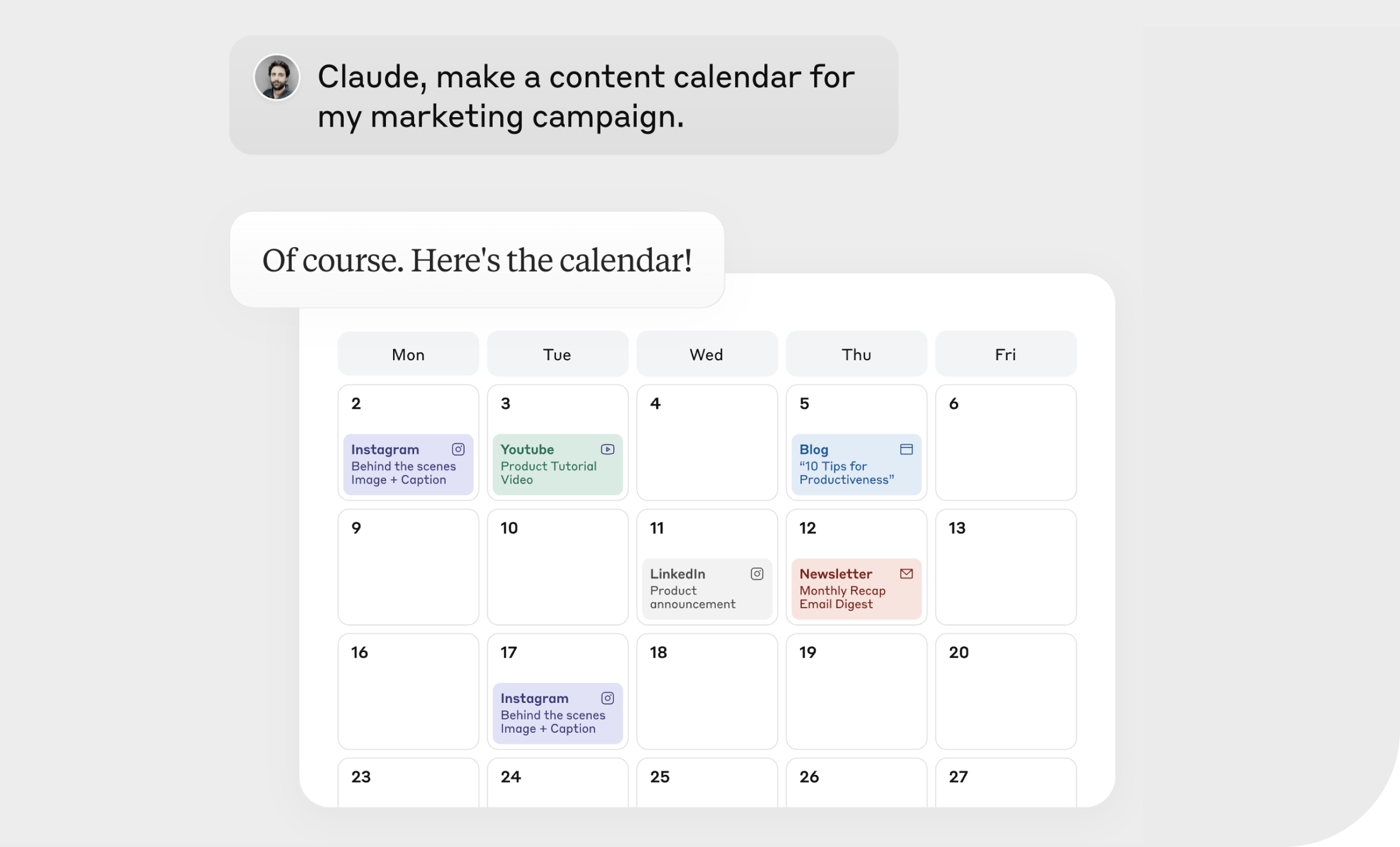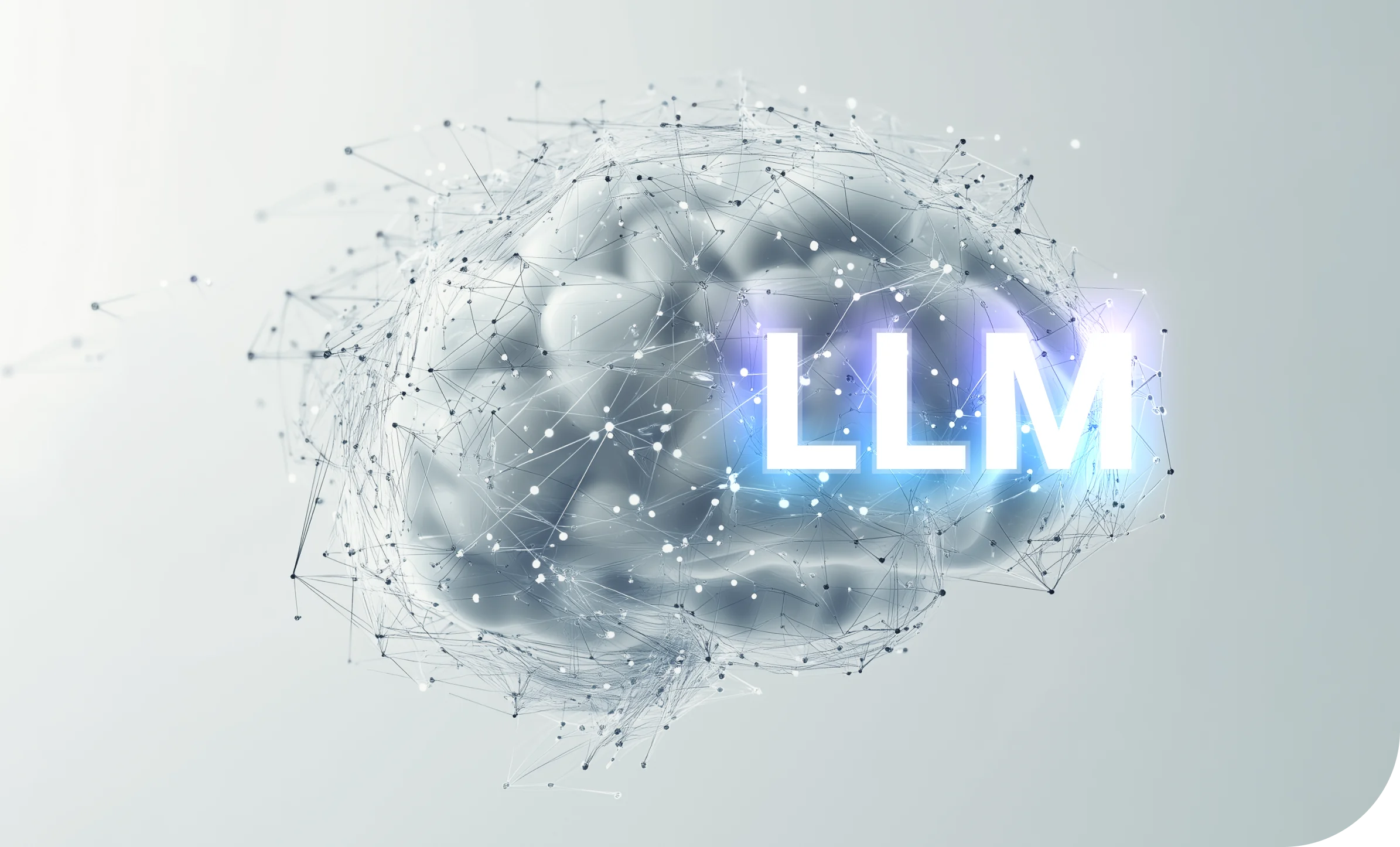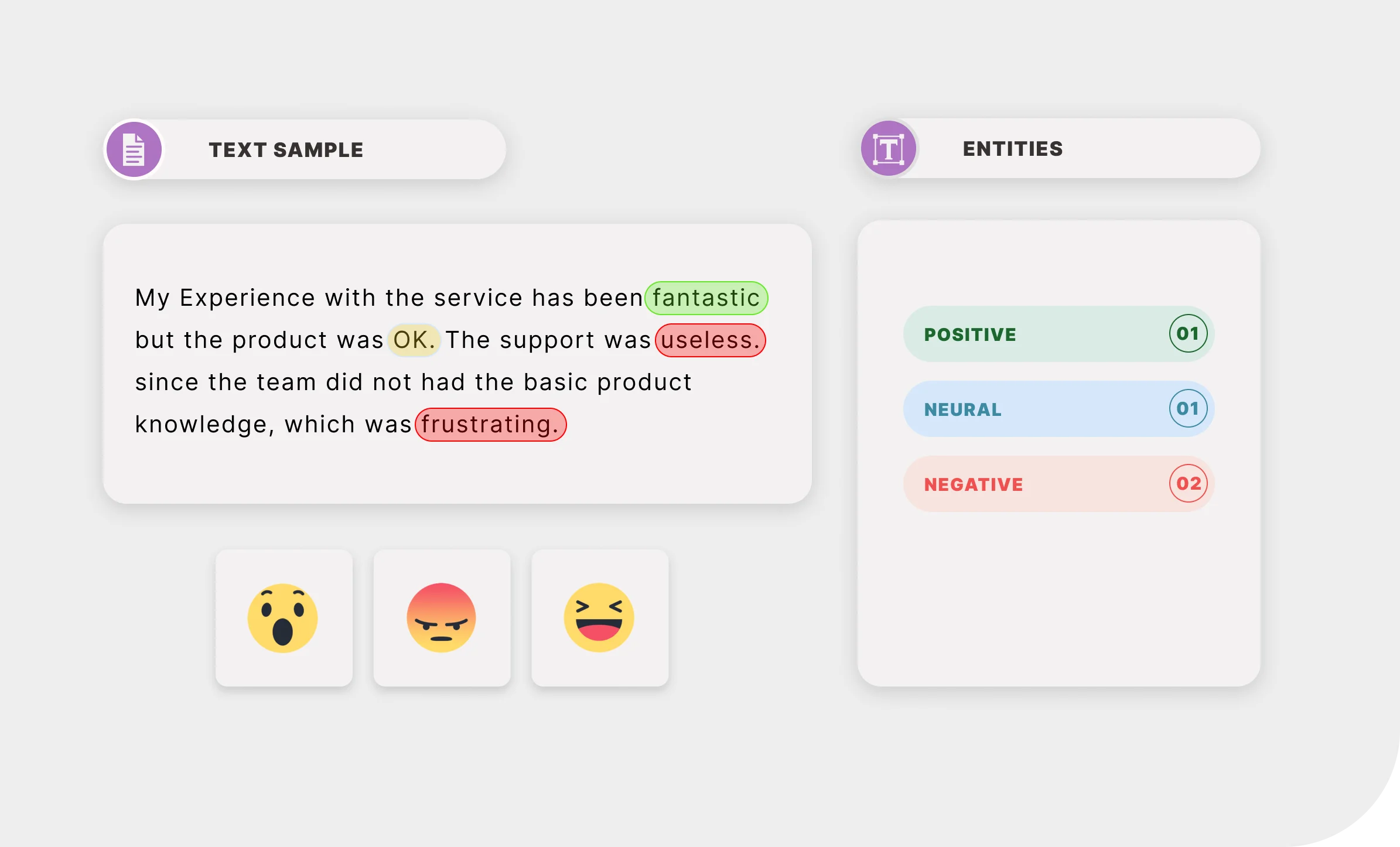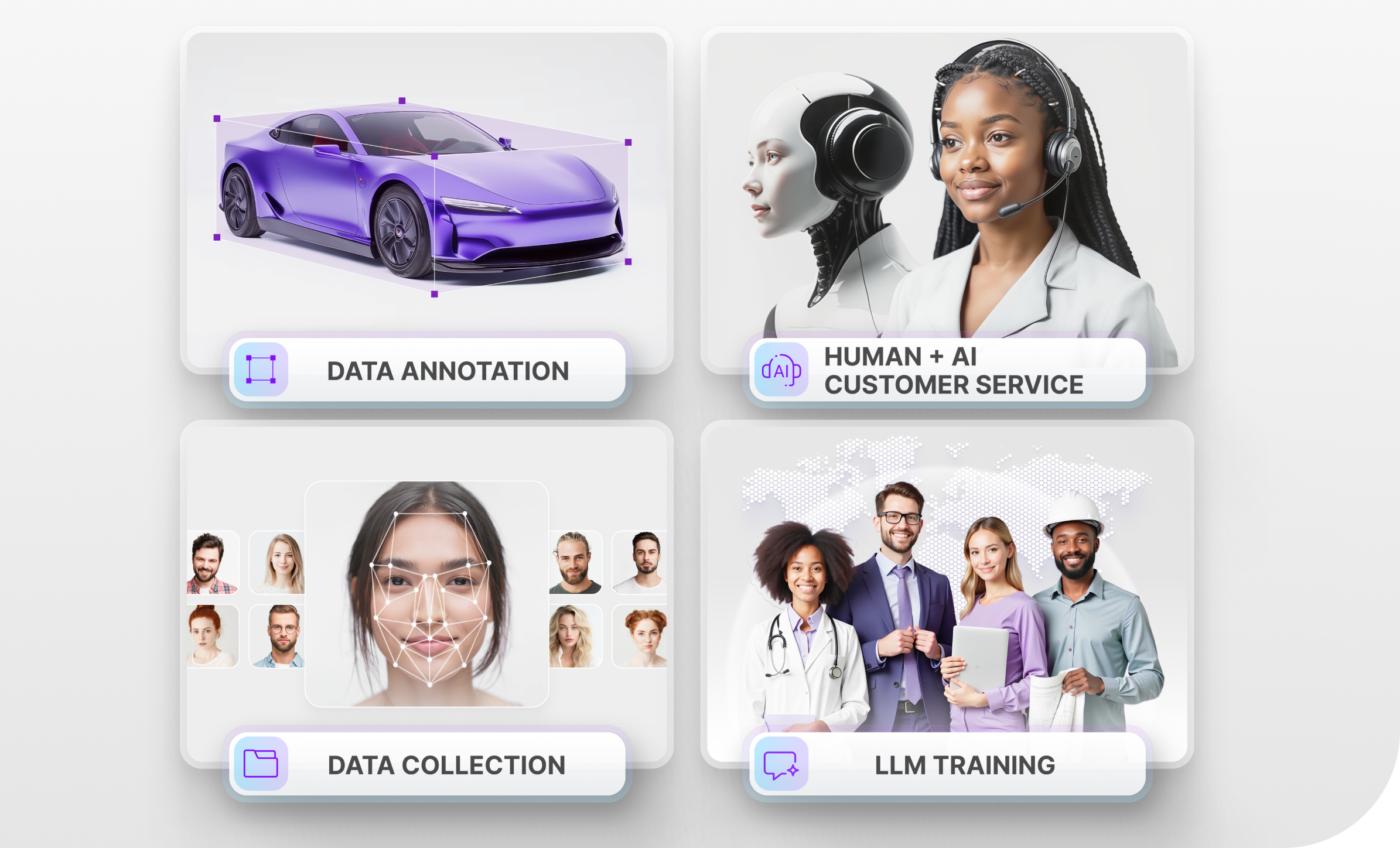Claude AI: The Chatbot That’s Got Everyone Talking
The artificial intelligence world has seen Claude AI emerge as a major computing program. The newly developed AI conversational system Claude from Anthropic targets to change the user experience with machine learning models. The tech world now talks actively about Claude AI because it offers exceptional language understanding along with nuanced responses and powerful ethical support.
What is Claude AI?

The highly advanced artificial intelligence language model named Claude AI serves Anthropic by providing intelligent secure and interactive support capabilities across multiple software systems. Its capability to mimic human-written text makes possible various operations that include question response and suggestion-making and natural conversation engagement. An ethical aspect distinguishes Claude AI since its designers emphasize both safety features and fair and transparent responses. Claude AI performs a wide range of functions including customer assistance alongside content generation and programming help to assist users alongside business organizations which results in using AI responsibility while unlocking its power. AI technology evolution will position Claude AI as a central force in designing the future of human-machine communication systems.
Applications of Claude AI

Claude AI is already being used in various industries, proving its versatility and reliability. Some of its key applications include:
- Customer Support – Teams can benefit from Claude AI since it delivers quick reliable solutions to regular inquiries thus shortening wait times while improving satisfaction levels for customers. The system examines customer chat logs to measure both positive and negative emotions together with time-sensitive needs which allows human representatives to address critical situations first. Support teams benefit from Claude AI through its ability to create customized solutions that also helps automate business processes thus enabling team members to tackle advanced issues.
- Content Creation – Users can obtain high-quality marketing content and articles and blog posts which it produces efficiently at fast speeds. The assistance provided by Claude helps users think of new concepts and improve drafts while achieving effective content delivery that resonates with their audience. Through Claude AI users benefit from content optimization for search engines while also receiving advice regarding enhancements and ability to switch writing styles for different destination platforms.
- Programming Assistance – Claude AI automates the creation and improvement of source code in different programming languages to accelerate development time. The system delivers complete algorithm explanations and recommends program optimization approaches and helps identify problems during error detection. The ability of Claude AI to evaluate code helps improve operational efficiency while suggesting code optimization strategies and performing automatic repetitive coding operations to boost productivity.
- Education and Tutoring – Claude AI assists in educational settings by developing customized explanations together with response generation and topic simplification services for student education. The system develops educational content that includes customized worksheets, tests and guidance materials that adjust according to student ability and preferences. Through its capabilities Claude AI helps educational staff perform automated grading tasks and provides feedback on student work while also making recommendations for interesting teaching methods.
Claude AI and Large Language Models (LLMs)

Claude AI uses large language models (LLMs) as its foundation to process deep learning technology with extensive text data for natural language understanding and generation. Steep artificial neural networks within these models analyze textual environments to generate predictions which result in purposeful answers. The LLM technology within Claude AI enables better conversational functionality through improved accuracy in communication along with context-sensitive interactions. The system developers installed safety controls during development to combat risks from biased content and misinformation and harmful material while providing responsible AI assistance.
What Types of Data Annotation are Needed to Create a Tool Like Claude AI?

Creating an AI like Claude requires extensive data annotation across multiple types to ensure high-quality language understanding and generation. Some key types of data annotation include:
- Text Classification – Text classification takes unstructured content to assign specific predefined labels which stem from text characteristics. A sentiment analysis model uses its assignment system to identify customer reviews as positive, negative or neutral. The categorization function of annotation provides AI models with an understanding of text meaning for applications that include spam detection along with topic categorization and intent recognition in chatbots.
- Named Entity Recognition (NER) -Information extraction includes Named Entity Recognition as its subtask which recognizes and tags specified entities in text into predefined labels such as people names along with organization and location names and dates. Unstructured text becomes easier to process through Named Entity Recognition because it helps extract and categorize entities found within textual data. Information retrieval and comprehension improvement in search engines and document processing and chatbots operates through the implementation of NER.
- Part-of-Speech (POS) Tagging -Part-of-Speech Tagging is a process that assigns grammatical labels to every sentence word which determine its role as noun, verb or adverb or adjective type. Such tagging enables the identification of sentence syntax and position analysis of all words in their respective structures. The tagging system known as POS finds extensive application in natural language processing operations including syntactic parsing and machine translation as well as sentiment analysis.
- Dependency Parsing – Dependency parsing is the process of analyzing the grammatical structure of a sentence by identifying relationships between words. For example, in the sentence “The chef cooked a delicious meal,” the AI would recognize that “chef”is the subject performing the action, “cooked” is the verb, and “meal” is the object being acted upon. This type of annotation helps AI models understand the logical flow of a sentence and improves their comprehension of complex sentence structures.
- Coreference Resolution – Coreference resolution involves identifying when different words or phrases refer to the same entity within a text. For instance, in the sentence “Elon Musk founded SpaceX. He later launched the Falcon 9 rocket,” the AI would recognize that “He” refers to “Elon Musk.” This annotation is crucial for AI models to maintain context and coherence in long-form text generation and conversation.
Claude AI is Revolutionizing Chatbots and Shaping the Future of Human-Computer Interaction
The arrival of Claude AI brings revolutionary changes to chatbot technology by delivering users an intellectual AI assistance which remains secure and reacts in real time. The combination of ethical principles with superior functions alongside multiple applications has made Claude AI a widespread topic of conversation. AI technology progression will establish Claude AI as a fundamental agent in defining how humans interact with computers throughout the future.





